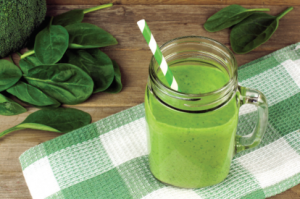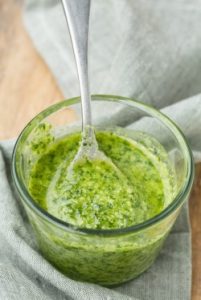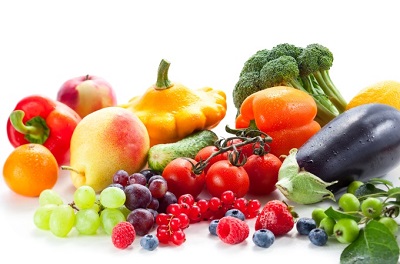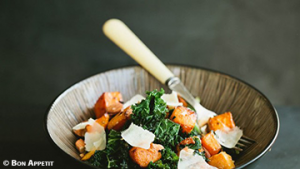7 Simple Strategies to Boost Your Health
When it comes to a diet rich in cancer-fighting foods, most experts agree that it should consist of a predominantly plant-based diet as fruits and vegetables. Since June is National Fruit and Vegetable Month, it’s the perfect time to incorporate more healthy eating habits into your daily routine.
Fruits and vegetables provide the essential vitamins, minerals, fiber and disease-fighting phytochemicals our bodies need to thrive. A diet rich in fruits and vegetables may help to reduce our risk of heart disease, eye disease, high blood pressure and stroke, ease digestive problems, aid in healthy weight management and prevent certain types of cancer.
Research has shown that maintaining a healthy weight throughout life can lower your risk of breast, uterine, prostate, lung, colon, kidney, pancreatic, esophageal, multiple myeloma, gallbladder, gastric, ovarian and thyroid cancers. Furthermore, people who are overweight or obese have a higher risk of many serious health conditions, including cancers. In fact, obesity is the second biggest preventable cause of cancer after smoking.
Although it may seem simple to follow the USDA guidelines and eat five servings of fruits and vegetables every day, less than 30% of Americans do it. Here are 7 simple strategies to boost your fruit and vegetable consumption:

2. Double the veggies. Most recipes call for a specific amount of vegetables. When it comes to something like soups, salads or casseroles, adding even more vegetables can enhance the flavor of your meal and boost its nutritional content. Consider adding vegetable toppings to your pizza, sandwich or favorite pasta dish. In these instances, more really is better.

4. Eat a rainbow. Choosing a variety of different-colored whole foods throughout the day and week doesn’t just make for beautiful meals—it’s a good way to make sure you’re getting a variety of vitamins and nutrients that can help prevent cancer, as well as other health concerns. The deeper the color, the greater concentration of nutrients and antioxidants. Try our Rainbow Salsa with grilled chicken or fish tonight.

6. Make a few simple swaps. Grab an apple or an orange instead of cookies or substitute cucumbers and baby carrots for crackers. Dip them in guacamole or to add even more fruits and vegetables.
7. Roast away. If you aren’t a fan of raw veggies, try roasting some squash, cauliflower, broccoli, Brussels sprouts, or eggplant. Long exposure to high heat will cause these foods to caramelize, which enhances their natural sweetness and reduces bitterness. Our Kale Salad with Roasted Butternut Squash & Toasted Almonds is truly delicious.
Preventative Cancer Research
A proactive way to reduce the number of patients dying from cancer is to prevent the disease from developing in the first place. That’s why NFCR-funded scientists have been investigating cancer prevention methodologies – and specifically links between nutrition and cancer – for decades.
Scientist Dr. Helmut Sies¸ whose work has been funded by NFCR for over 30 years, discovered that the antioxidant lycopene, a micronutrient found in tomatoes and other foods, can reduce the damaging effects of oxygen produced by our body’s essential metabolic processes. Lycopene has strong skin cancer prevention effects.
His most recent research has been focused on selenium, a trace metal found in certain foods that is essential for good health. There is evidence that selenium improves human health and helps prevent cancer – specifically colon cancer. *Prevention tip: Read about how to add selenium to your diet.
Additionally, during his career, Dr. Sies studied essential fatty acids that can prevent inflammation and cellular signaling pathways in cancer development, and looked at the role of nitric oxide in cancer and heart disease-related events.
Dr. Michael Sporn, whose research was supported by NFCR, is known as the “Father of Chemoprevention” because his work led to the development of several synthetic triterpenoid compounds. These compounds are a class of chemical agents that have potent preventative effects against several types of cancer, including breast, lung and pancreatic cancers. For individuals with a family history (or are otherwise at high risk of developing these diseases), the promising results of Dr. Sporn’s research offers hope that their chances of developing cancer could be dramatically reduced with the use of chemoprevention.













